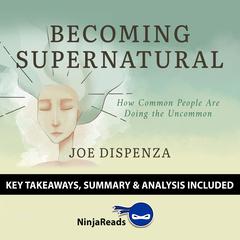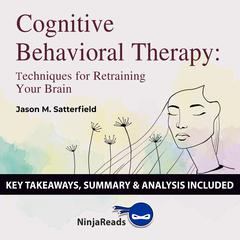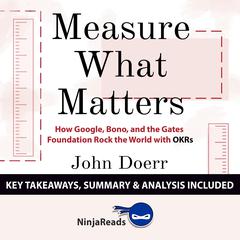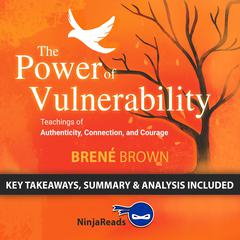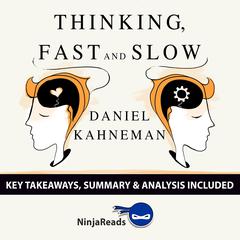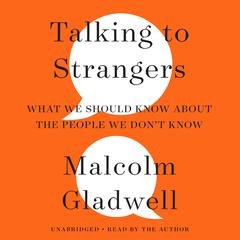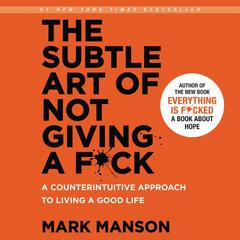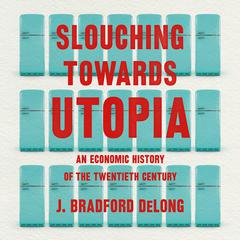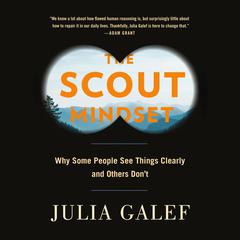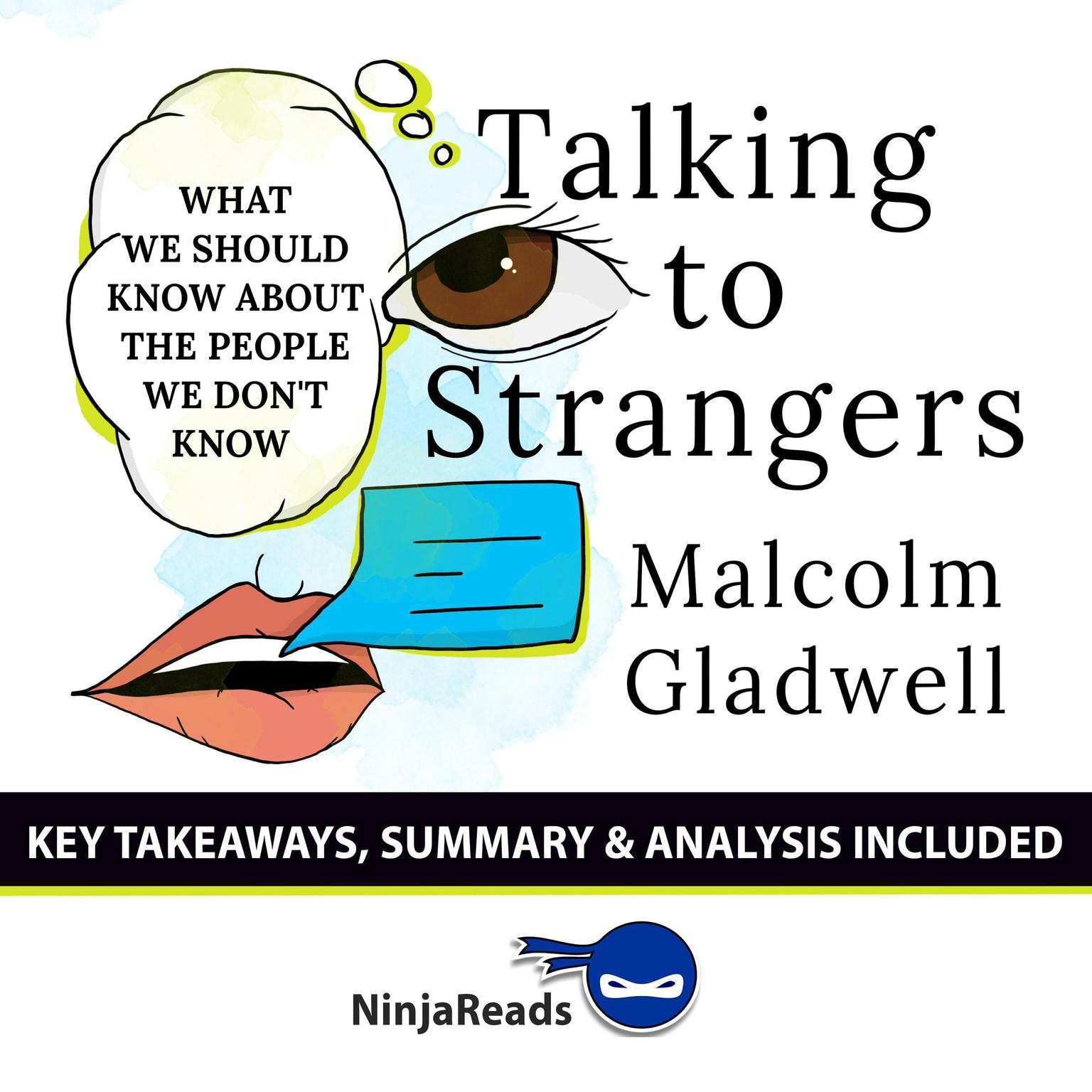 Play Audiobook Sample
Play Audiobook Sample
Talking to Strangers: What We Should Know about the People We Don't Know by Malcolm Gladwell: Key Takeaways, Summary & Analysis Included Audiobook
 Play Audiobook Sample
Play Audiobook Sample
Quick Stats About this Audiobook
Total Audiobook Chapters:
Longest Chapter Length:
Shortest Chapter Length:
Average Chapter Length:
Audiobooks by this Author:
Publisher Description
*PLEASE NOTE: This concise summary is unofficial and is not authorized, approved, licensed, or endorsed by the original book's publisher or author.*
Short on time? Or maybe you’ve already read the book, but need a refresh on the most important takeaways. In a quick, easy listen, you can take the main principles from Talking to Strangers: What We Should Know about the People We Don’t Know!
Talking to Strangers: What We Should Know about the People We Don’t Know by Malcolm Gladwell is a number one New York Times bestseller that shows people how their tendencies to judge strangers based on the assumption of truth, facial expressions, and without context can be hazardous to decisions. It’s inevitable that people will try to make sense of those they don’t know; however, many of the strategies people use to do so gives us no valuable information. Accordingly, we must be aware of these potential errors in how we perceive strangers, people who impact the way we handle crucial situations in our lives.
Gladwell uses extensive examples—stories, studies, and characters—to show how people interact with strangers as well as the chaos that doing so can cause. From Bernie Madoff to Sylvia Plath, a wide range of important people are used in Talking to Strangers to illustrate how deeply the way we talk to those we don’t know impacts us. Further, the author expertly weaves these stories into his book, interconnecting them and crafting his ideas with ease for the reader. The book builds up to show how the arrest and subsequent suicide of Sandra Bland was caused by people’s inability to appropriately talk to strangers.
This audiobook encapsulates key takeaways found in the original book. We’ve also provided an in-depth analysis as well as removing any fluff to save you hours of your time. If you’ve read the original, then this audio summary will help you solidify the most important lessons.
Download and start listening now!
Talking to Strangers: What We Should Know about the People We Don't Know by Malcolm Gladwell: Key Takeaways, Summary & Analysis Included Listener Reviews
Be the first to write a review about this audiobook!





